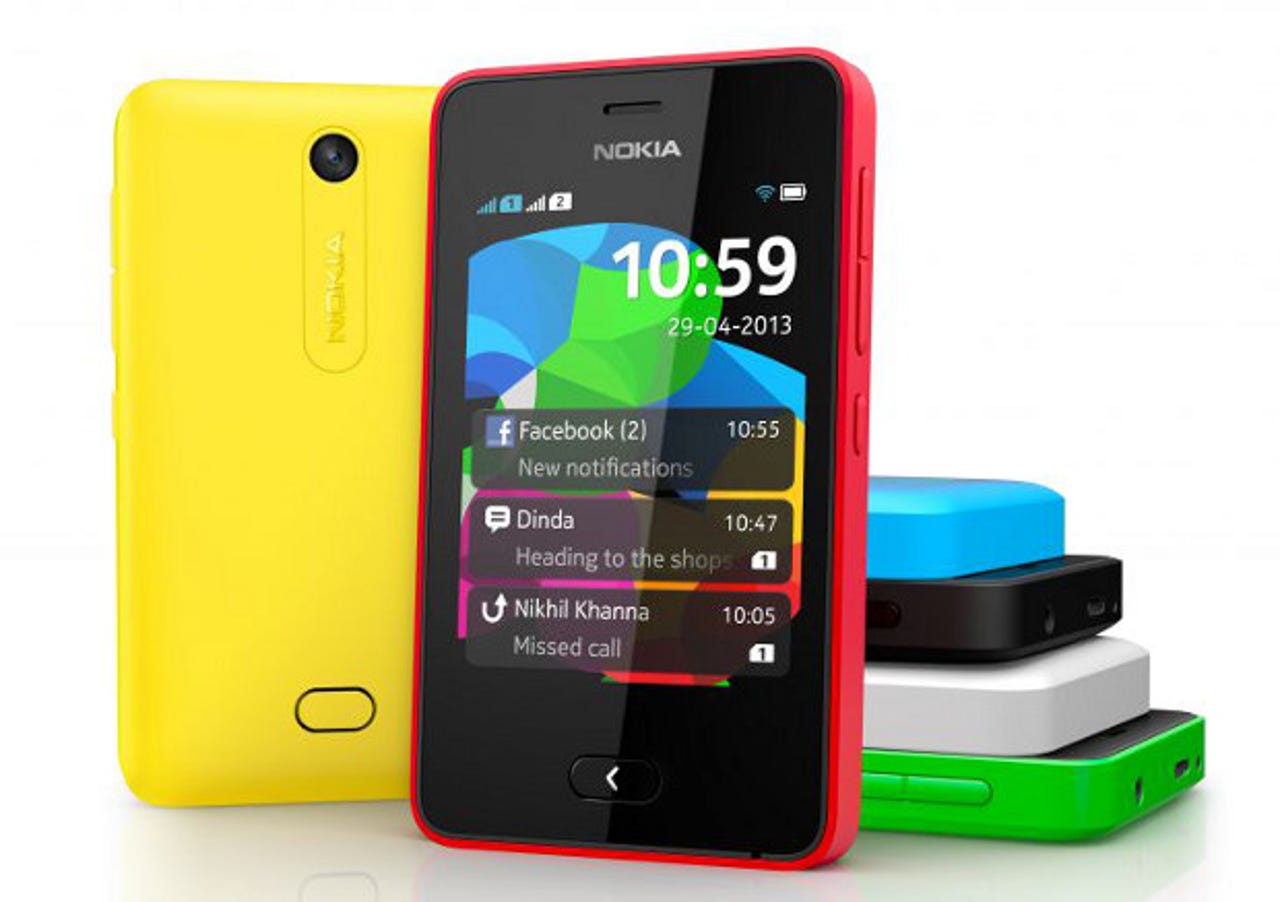Nokia deal could help Microsoft curb Google threat in Africa


After its deal with Microsoft, the future of Nokia's non-Windows Phone devices has been called into question. But such devices could play a key role for Microsoft in targeting Africa, even as the continent begins to embrace smarter mobiles.
Microsoft's acquisition of Nokia's devices and services unit for €5.4bn will help the software company to head off competition from Google in the lower-end of sub-Saharan Africa's smartphone market. The transaction also puts Microsoft in a stronger position to compete in a region that is only just beginning its transition from feature phones to smart devices.
Analysts covering the African telecoms market believe that Nokia's strong carrier relationships, brand equity, and supply chain across Africa, as well as its position in Africa's dumb and feature phone segments, will be major advantages for Microsoft in the years to come.
At stake is a larger share of one of the world's fastest-growing mobile markets, where less than one in every 10 people currently has a smartphone. It's a market where low-cost Android devices from manufacturers such as Huawei and ZTE have gained enormous traction over the past three years and where BlackBerry is still a major player.
Microsoft and Nokia have both focused heavily on the African market through a range of projects in the past few years, says Steven Ambrose, chief executive of South Africa-based consulting firm Strategy Worx. By pooling their strengths, he says, the companies will be able to compete more effectively with Google and other rivals.
"Nokia historically has excellent relationships with the mobile operators in Africa, along with well-developed supply chain and service networks," Ambrose says. When this is coupled with a vertically integrated manufacturing process and Microsoft's software, this makes Windows Phone a stronger proposition for the African market.
Ian Duvenage, business unit leader for ICT at Frost & Sullivan in South Africa, says that Nokia retains high brand equity throughout Africa, and also focused on delivering devices with good battery life and other features valued by the African market. It would make sense for Microsoft to maintain Nokia's focus on the feature phone market while making sure it has products for lower-end users who are ready to transition to smartphones, Duvenage says.
Ambrose concurs. "The newly-acquired Nokia will continue to make feature phones and semi-smartphones for emerging markets, especially Africa," he says, and these devices will sell well for many more years.
"Nokia's current range of basic phones and semi-smartphones under the Asha brand are well placed and priced for Africa," Ambrose says. "With renewed marketing and focus from Microsoft, Nokia should be able to head off rivals such as Samsung and Huawei." But there will also be a drive to make lower cost Windows-powered devices to head off competition from cheap Android phones.
For Microsoft, the benefits of driving Windows Phone adoption go beyond the smartphone market. By getting consumers used to its platform, Microsoft could put itself in a strong strategic position to capitalise on growing adoption of PCs and tablets in Africa, Duvenage says.
Developer ecosystem
To ensure its success in the smartphone market in Africa, Microsoft must develop a much stronger application development ecosystem in key African markets, Duvenage says. But this depends in turn on driving high volumes of Nokia devices into the market, he says. Under Microsoft, Nokia should also continue to focus on hardware features such as battery life to ensure that its devices meet the needs of the continent's users.
"Nokia have always made very good and locally relevant product," Ambrose says. "The power is in the ecosystem of services and apps which Microsoft already have or are working very hard on, as in the local apps labs." Local apps and cloud and other converged services will be important for Microsoft's growth in the smartphone market in the years to come, he says.
Microsoft is looking to grow its presence in Africa through the 4Afrika initiative – a massive effort to get smart devices into Africans' hands, roll out internet connectivity in parts of the continent, and get small businesses online. As part of the 4Afrika push, Microsoft announced a partnership with Huawei to create a sub-$200 smartphone for the African market.
Duvenage says he doubts that Microsoft's acquisition of Nokia will compromise Microsoft's current position with such partners, because a stronger push of Windows Phone through Nokia could grow the ecosystem of developers and corporate users.
Ambrose is more sceptical, however. "Microsoft will ultimately go it alone in the Windows Phone space. [Its] OEM relationships will not survive this purchase," he says. But the impact of this will be slight, as the volume of Windows Phone-based OEM phones shipping into Africa from other manufacturers is small.